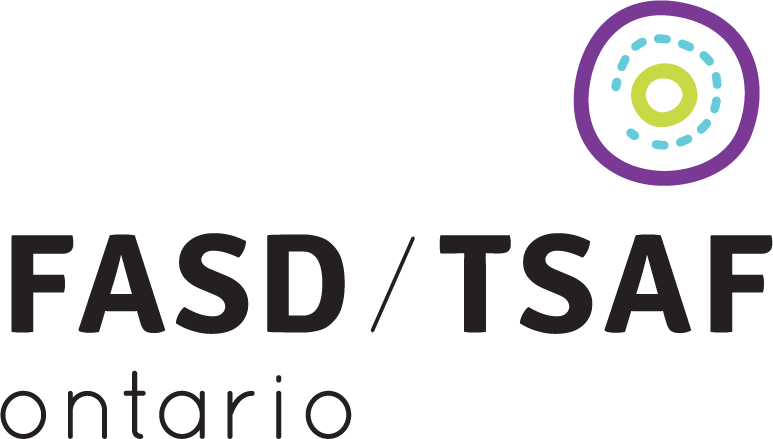Indigenous Approaches to FASD Prevention: Reconciliation and Healing

This booklet provides a brief introduction to how FASD prevention activities can support reconciliation, social justice and change.
Indigenous Approaches to FASD Prevention: Community Action

This booklet provides a brief introduction to community-led initiatives that can help to prevent FASD and includes examples from Canada and internationally.
Indigenous Approaches to FASD Prevention: Wellness

This booklet presents cultural connections as both prevention and intervention measures in discussions about FASD with Indigenous communities. The booklet focuses on supporting mental wellness to address contraception, alcohol use, and pregnancy planning in preventing FASD.
Indigenous Approaches to FASD Prevention: Revitalizing Culture and Healing
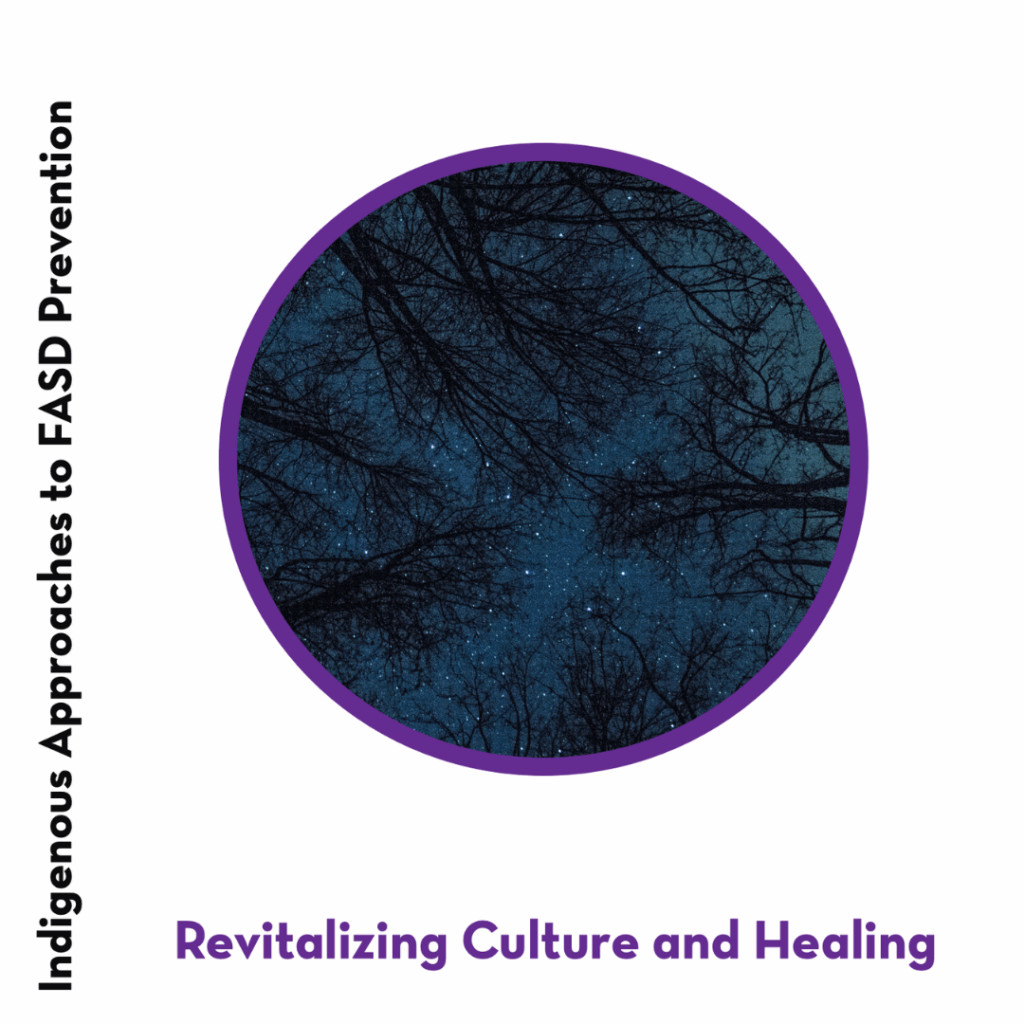
This booklet, “Revitalizing Culture and Healing: Indigenous Approaches to FASD Prevention” (2019), highlights how Indigenous communities across Canada are addressing Fetal Alcohol Spectrum Disorder (FASD) prevention through culturally grounded, community-led approaches.
Aggression Towards Family and Caregivers in Childhood and Adolescence (AFCCA): Managing Aggression at Home
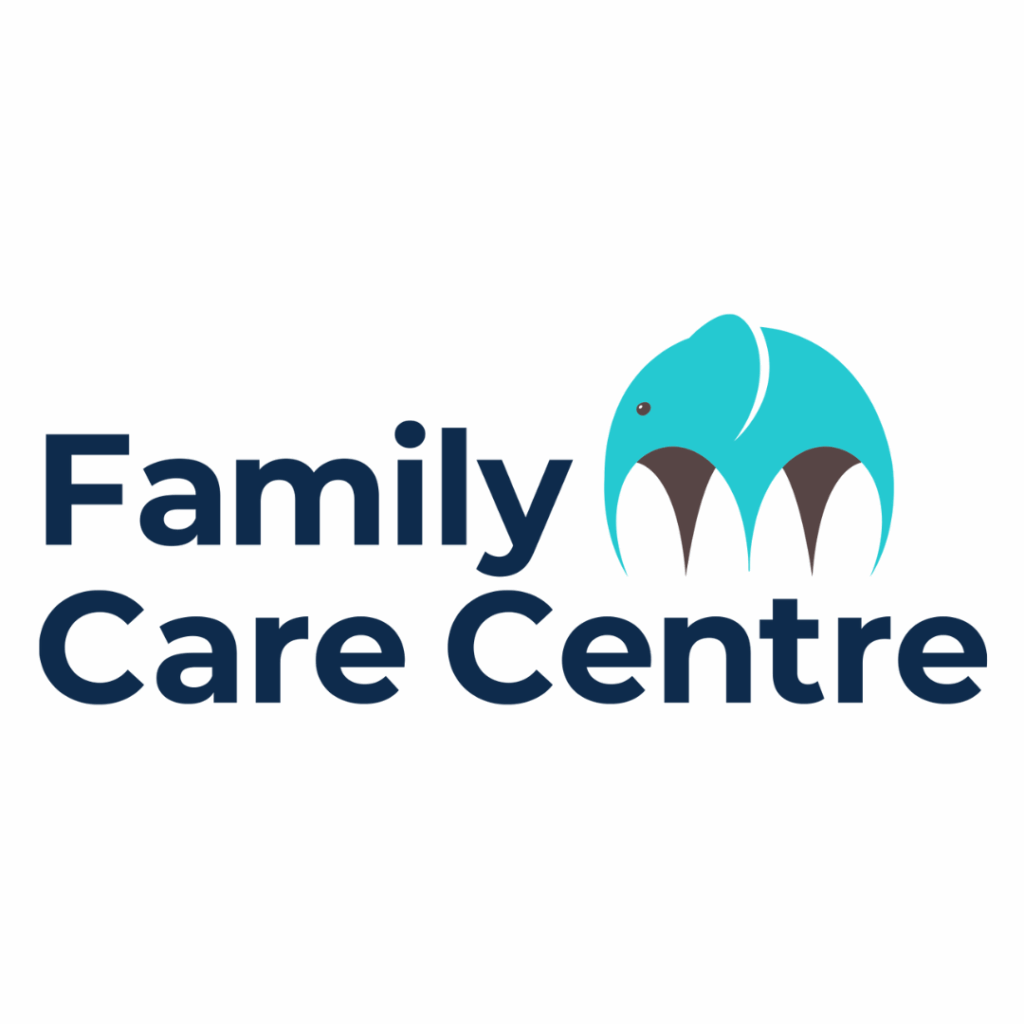
This resource will guide families toward strategies and resources to support parents and caregivers, the child or youth exhibiting aggressive behaviours, and siblings or other family members in the home who may be impacted.
FASD ONE PSA’s for FASD Prevention
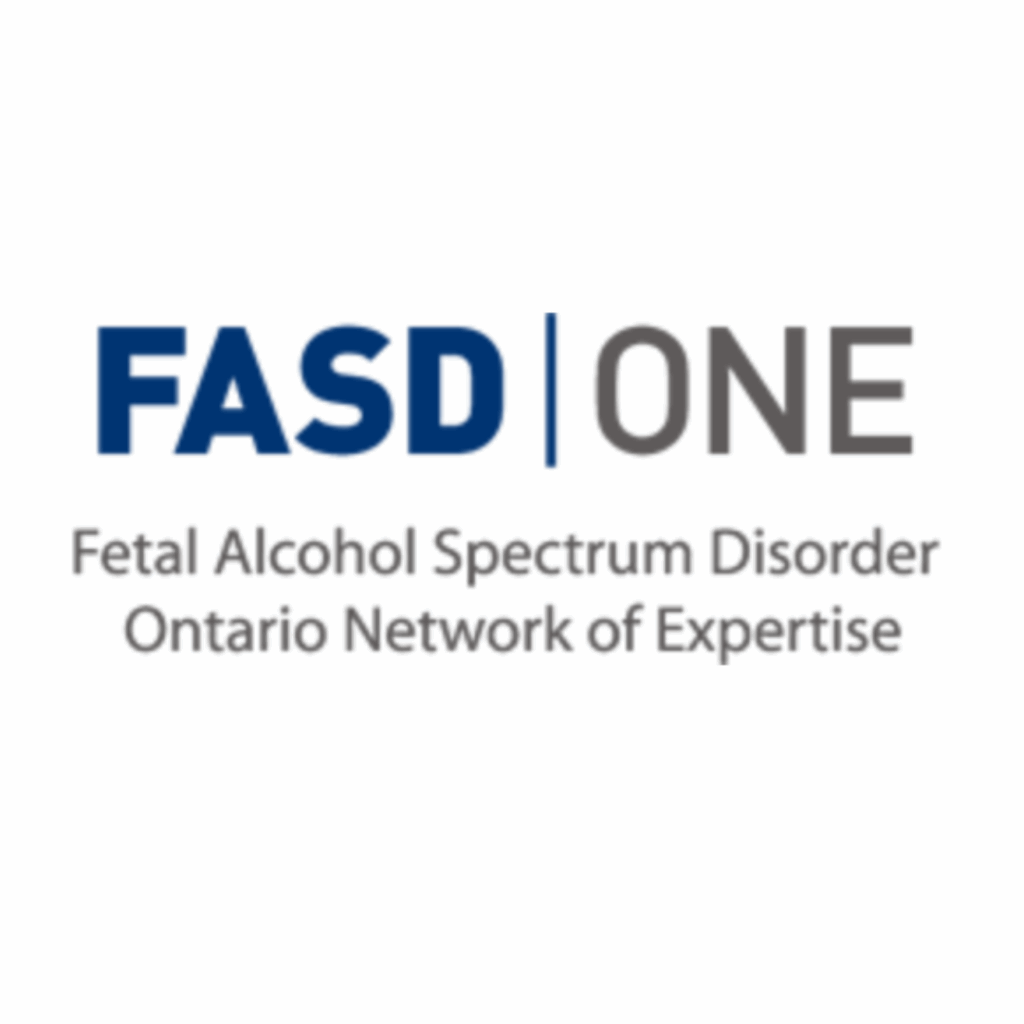
Fetal Alcohol Spectrum Disorder Ontario Network of Expertise (FASD ONE) proudly announces the release of 4 public service announcements dedicated to preventing Fetal Alcohol Spectrum Disorder.
Cognitive Accessibility in the Workplace

Videos in this playlist are meant to help employers make more positive and productive workplaces by making them neuroinclusive.
How to Stop or Prevent Financial Abuse: A Guide for Support Workers & Caregivers of Persons With Cognitive Disabilities

This guide will help you spot the signs that someone you care for is being financially abused.It will also teach you what you can do to help someone avoid financial abuse, or what they can do to stop being financially abused.
Decoding Aggression, Complex Behaviours and Brain-Based Disabilities: Practical Strategies for Addressing Aggression Within the Family System
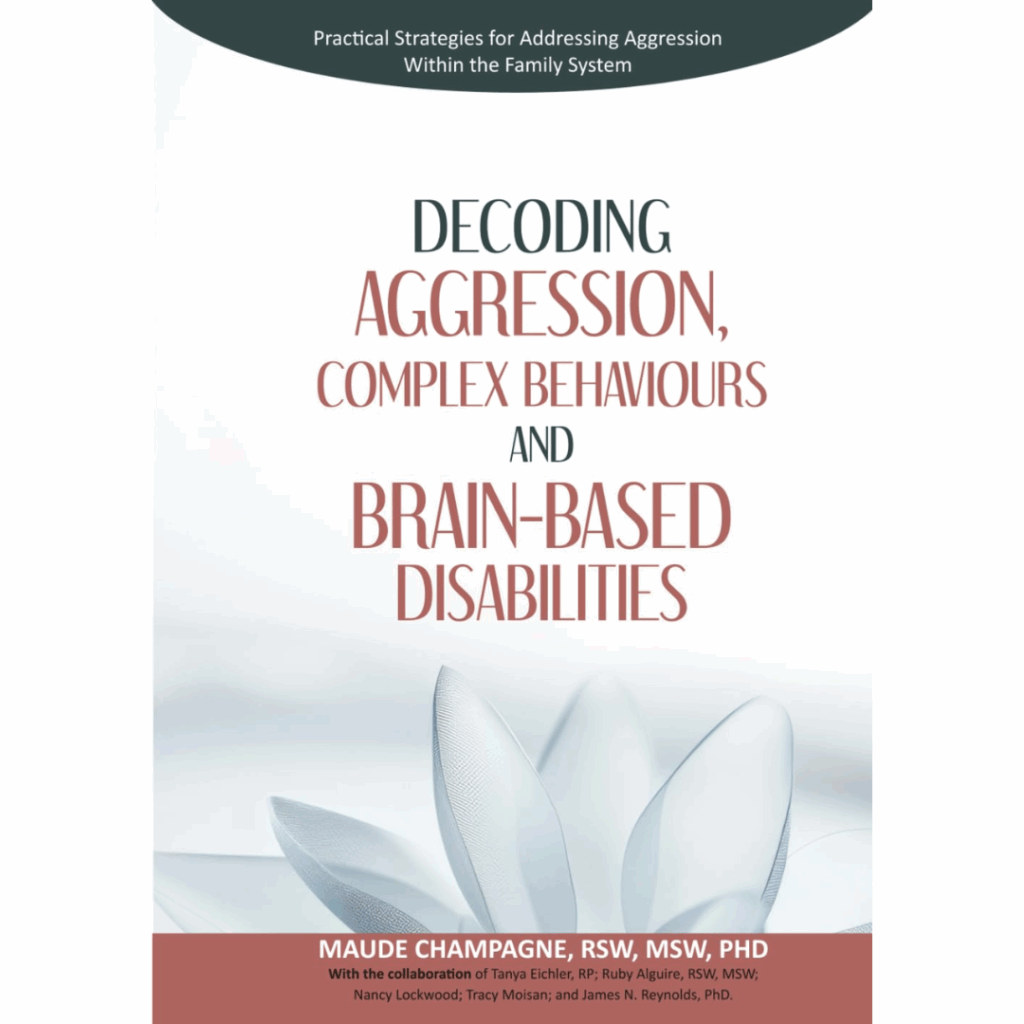
Families and caregivers facing aggression from children and adolescents often feel isolated, misunderstood, and unsure of where to turn. This groundbreaking clinical manual provides a comprehensive, neuroscience-informed approach to understanding and addressing Aggression Toward Family/Caregivers in Childhood and Adolescence (AFCCA).
The trauma of attachment – (in french)

A presentation and discussion about attachment trauma, secondary trauma, as well as the child’s behaviors and their impacts on the adoptive parents.
Supporting your child with FASD: a workshop for Indigenous communities

FASD workers Eric Marier, Randy White/ Kebeyaawsung, Chrysta Wood, Kim Stewart, Cereena Rows and Liane Guenette present information about the ten brain domains that may be affected by FASD. This event features content relevant to the broader indigenous community of Ontario.
A Mustard Seed of Hope: Culturally grounded approaches within wraparound care for pregnant and parenting women dealing with substance use and trauma
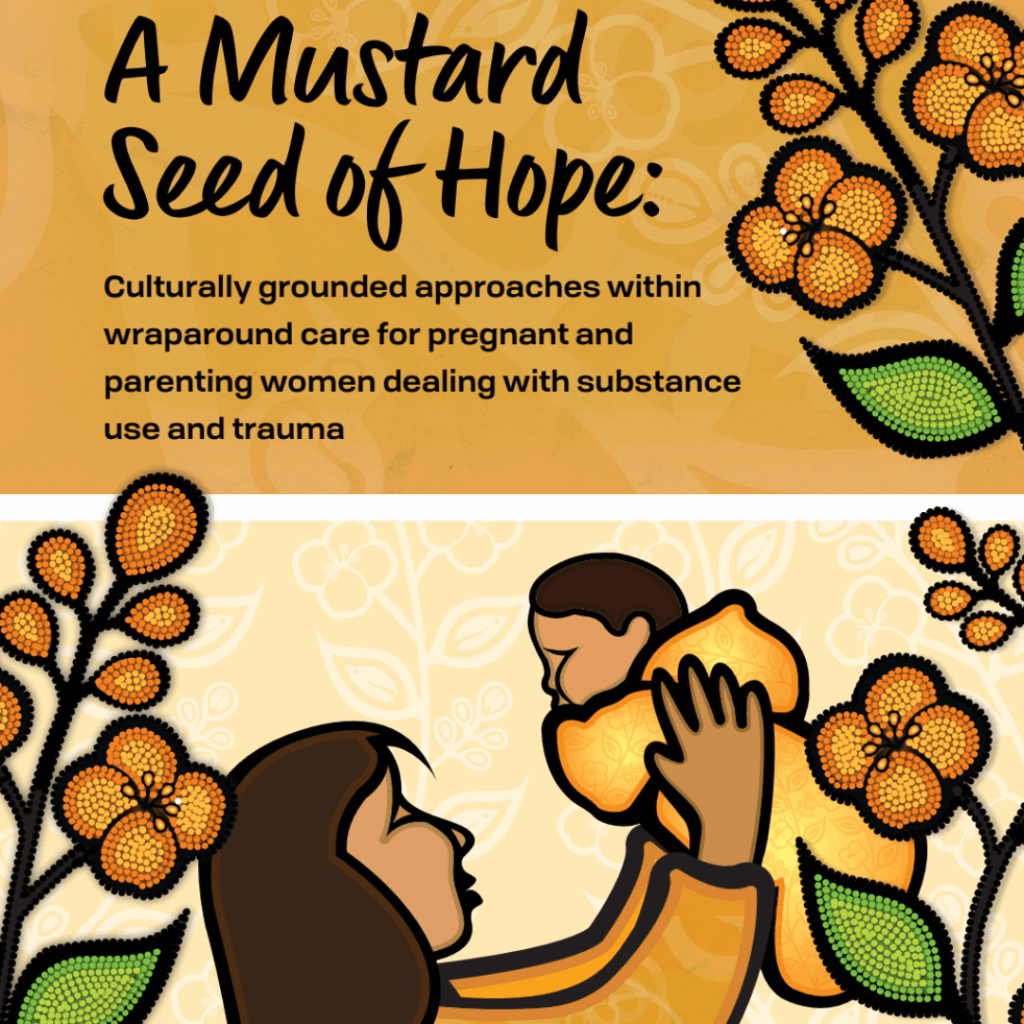
Culturally grounded approaches within wraparound care for pregnant and parenting women dealing with substance use and trauma
